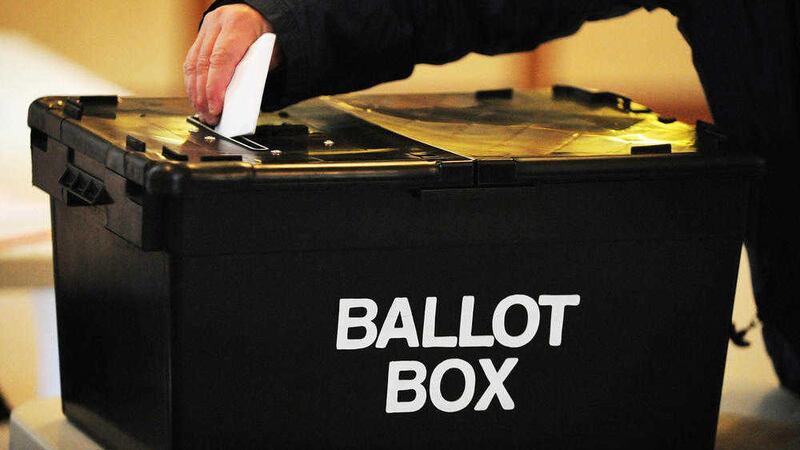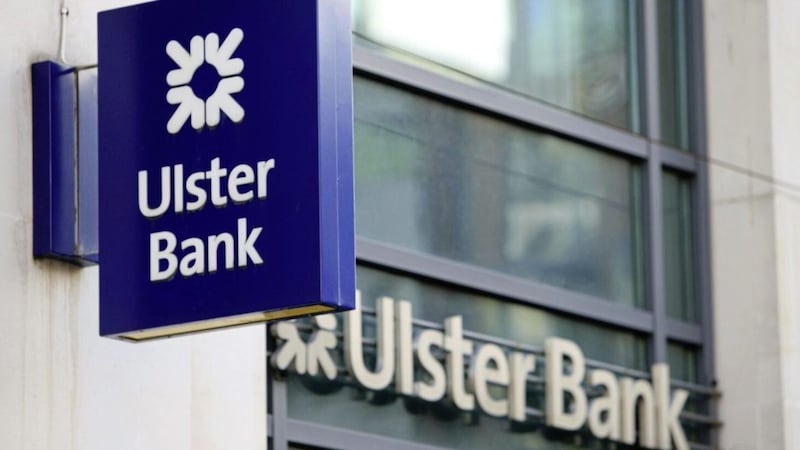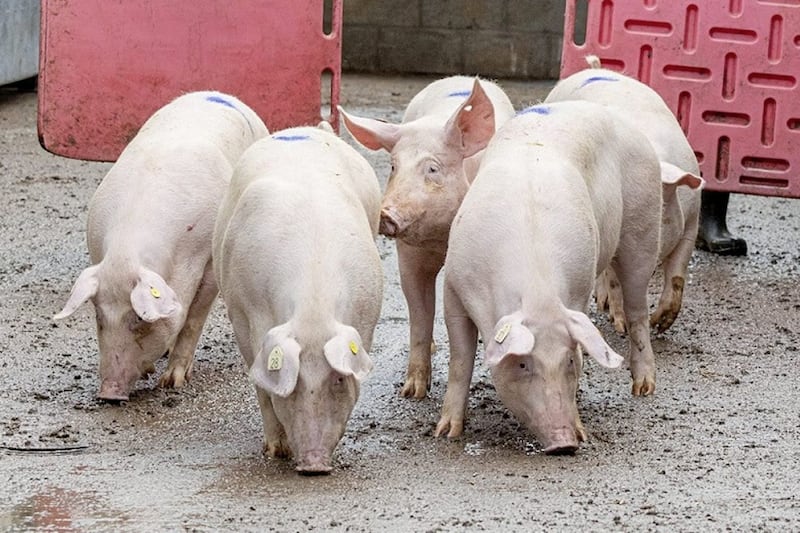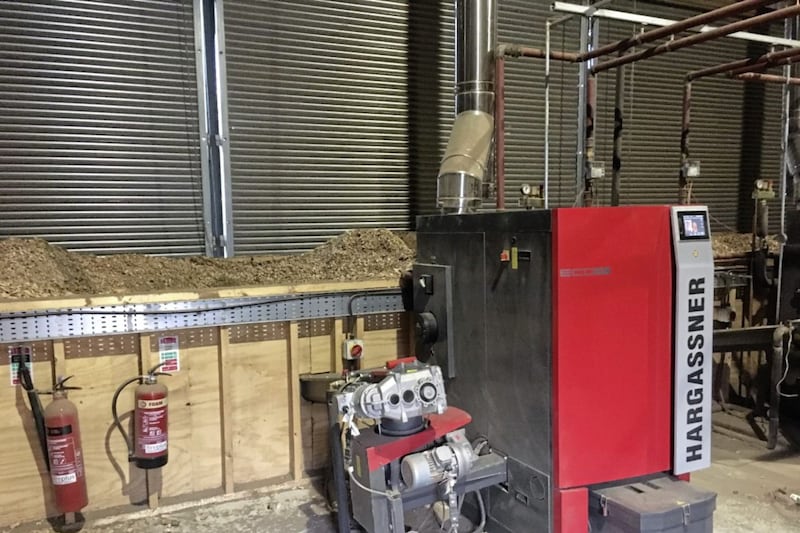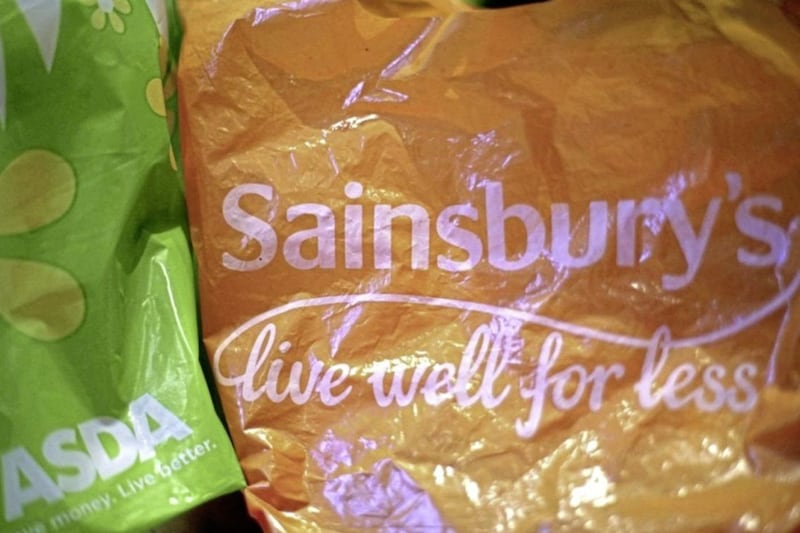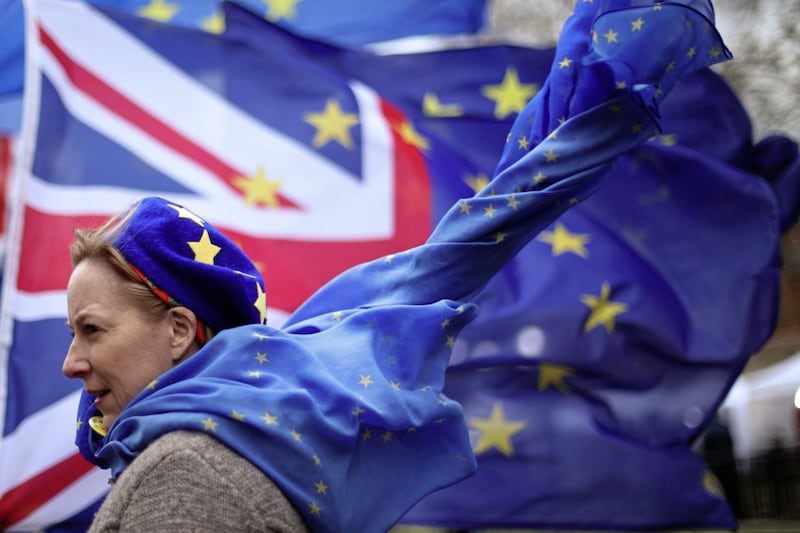THE union that represents 12,000 farming families in Northern Ireland said it will continue to sit on the fence over Brexit despite the outcome of the referendum having a profound impact on the agricultural sector.
The Ulster Farmers' Union (UFU) has however told farmers not to panic in the wake of the shock decision of the UK to leave the European Union.
Northern Ireland's farming community were always considered among the groups likely to be most effected by a so-called Brexit.
The UFU had maintained a neutral position throughout the campaign leading up to last Thursday's ballot.
And although the referendum has now taken place, the union said its policy of not taking part in panel discussion or interviews on Brexit would remain.
Following the outcome of the vote, the Ulster Farmers' Union (UFU) said there would be no immediate end to the Common Agricultural Policy (CAP) or changes in trade arrangements with the EU market.
“From the outset our position was that we would not tell our members how they should vote. We also stuck by a commitment not to take part in any panel discussions or interviews," its president Barclay Bell said.
"We did however facilitate an industry debate before the vote. We believe that helped people reach an informed position on a once in a generation decision on future relations with the EU."
And he told farmers not to panic.
"CAP support is guaranteed to 2019," he said.
"We will immediately enter into discussions on future support arrangements, funded by the UK Treasury, and also on the continuation of trade with Europe. We also have a UK farm union's team in Brussels that will work closely with the European Commission and UK government as the UK makes the transition to exit the EU."
The UFU said it had scheduled meetings with its board and executive committee to discuss the implications of the result and will continue to communicate with its members on the timetable for change.
